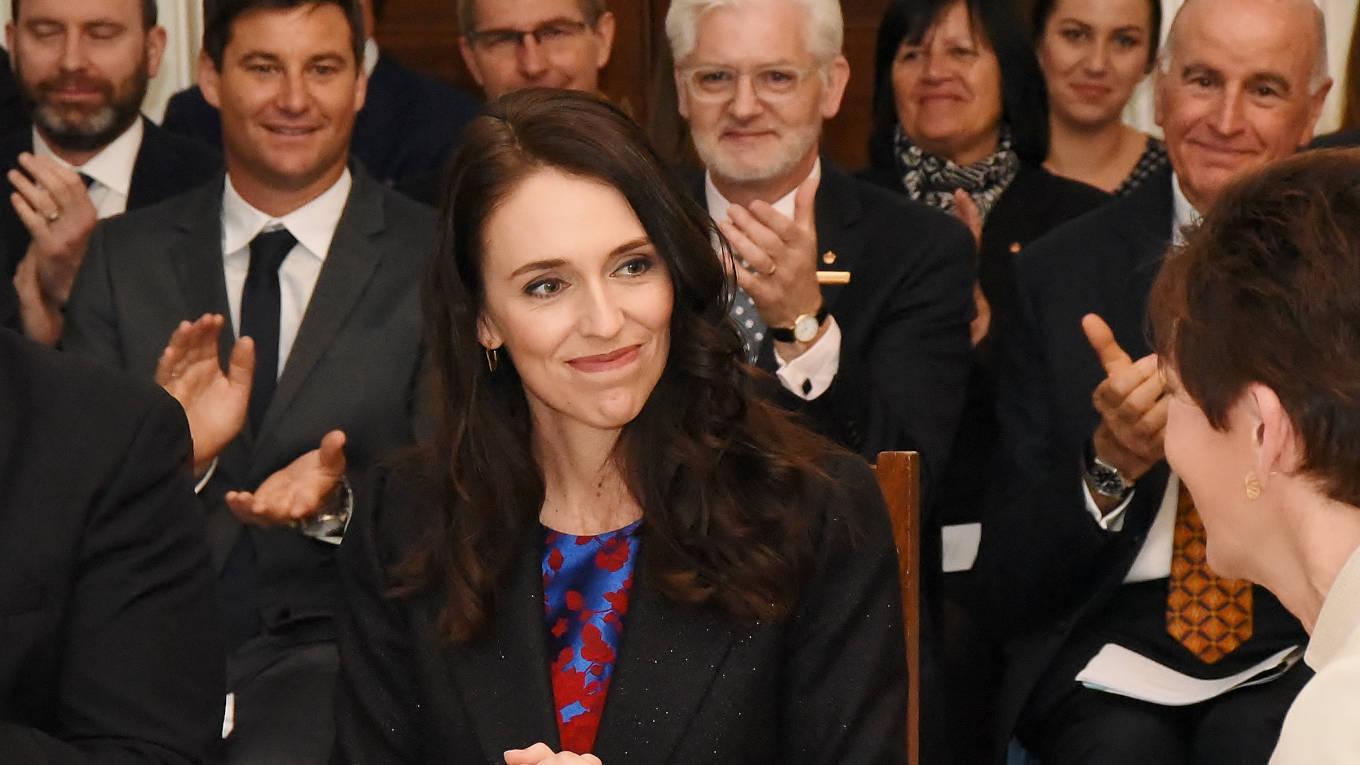The decision by Jacinda Ardern, the centre-left Prime Minister of New Zealand, to step down from office, offers a lesson in humility for politicians across the world, particularly in India. Here is a politician who is willing to relinquish the perks of office, admitting that she was simply not up to it anymore. “I have given my absolute all to being prime minister but it has also taken a lot out of me,” she said in an announcement that shocked the world but also won her praise. “You cannot and should not do the job unless you have a full tank, plus a bit in reserve for those unplanned and unexpected challenges that inevitably come along.” How many of our politicians will do that? Convinced of their own indispensability, politicians generally cling on to power, even when their time is up. When they go, they do it kicking and screaming. Ardern’s resignation thus sets an important moral example, just as her stint in office did. Moreover, Ardern will not be seeking re-election. Ardern was among the young female leaders, including Finland’s Sanna Marin and Denmark’s Mette Frederiksen, who have done politics on their own terms. In a way, they provided a counterpoint to the Trumps, the Bolsonaros and the Johnsons, who stormed to power riding a wave of populist sentiment but did not exactly cover themselves with glory thereafter. These young female politicians espoused compassion and liberal values. But they have been torn between their political ambitions and private lives. Of course, of late, sentiment was turning against Ardern, thanks to inflation, threat of recession and rise in crime, and she had taken a hit in opinion polls. She faced personal threats that became more vicious as anti-vaccination groups, angered over her handling of the pandemic, attacked her. But, Ardern will be known for what she did in office, after she became the world’s youngest female leader at 37. She made other global leaders listen and take notice, whether it was the gun law reforms (which followed an extremist shooting at two mosques in Christchurch killing 51 people) or the volcano eruption (resulting in 22 deaths). The pandemic tested her mettle, but she was credited with keeping the virus at bay, with one of the world’s strictest lockdowns. When it came to the country’s Indigenous population, she appointed Nanaia Mahuta, a Maori woman, in the high-profile portfolio of foreign minister. New Zealand will go to polls in October. New Zealand's former education minister Chris Hipkins is the new stand-in PM, after receiving the only nomination from fellow Labour Party MPs. But, according to local pollsters, the man to watch out for is Christopher Luxon, leader of the Opposition National Party, in the general elections in October. For India, a change in government could well mean better relations with New Zealand, leading to a stronger collaboration on trade, people-to-people connection and on the Indo-Pacific strategy. Luxon has been known to be bullish on India, and has said that building an ‘intense political relationship with India’ is key to cracking a trade deal.
-

Ardern: 'I have given my absolute all to being prime minister but it has also taken a lot out of me'

































